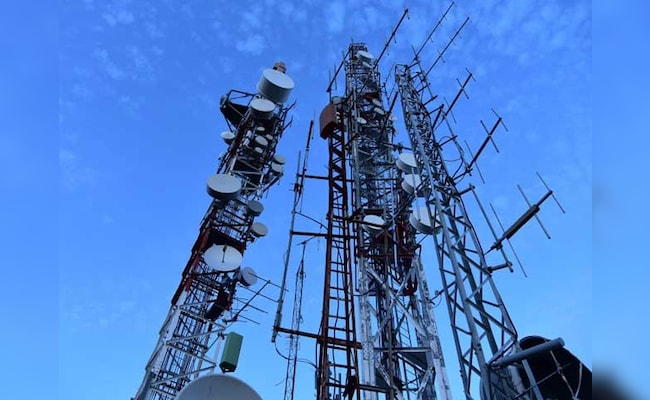As telecom operators like Jio, Airtel, and Vi continue to lose revenue due to the increasing popularity of Over-the-Top (OTT) communication apps like WhatsApp and Telegram, they are pushing for regulations to level the playing field. The Telecom Regulatory Authority of India (TRAI) and the Cellular Operators Association of India (COAI) have proposed regulations to address this issue, aiming to ensure fair competition and enable telecom operators to invest in and improve their networks.

How jio, airtel, and Vi want WhatsApp and Telegram to be regulated?
jio, airtel and vi wants whats app, telegram and other similar apps to be Regulated. The Telecom Regulatory Authority of India (TRAI) and the Cellular Operators Association of India (COAI) have proposed new regulations for Over-The-Top (OTT) communication apps, including Whats App, Facebook Messenger, Skype, and others. The proposal has been put forward in response to complaints from telecom operators that the growing popularity of these apps is disrupting their business model and revenue.
Impact of Unregulated OTT Apps on Telecom Operators like Reliance Jio, Airtel, and Vodafone, Idea
Telecom operators like Reliance Jio, Airtel, and Vodafone, Idea have long complained that OTT apps provide similar services as they do, such as voice and messaging, but are not subject to the same regulations and fees that they are. This has led to a situation where telecom operators are losing revenue as more and more users switch to these free and convenient communication apps.
The proposed regulations would require OTT communication apps to register with the TRAI and pay fees to the government. They would also be subject to the quality of service standards and regulations to ensure that they do not disrupt the network or cause other issues. In addition, the regulators are proposing that telecom operators be allowed to charge these apps for using their networks, similar to how they charge each other for interconnectivity.

However, not everyone is happy with the proposed regulations. Some experts argue that the regulations would stifle innovation and competition in the market, and could ultimately harm consumers by limiting their choices and raising prices. Others argue that the regulations would disproportionately affect smaller OTT apps and startups, who may not be able to afford the fees and other requirements.
TRAI and COAI Emphasize Proposed Regulations are Aimed at Ensuring Fair Competition in the Market
In response to these concerns, the TRAI and COAI have emphasized that the proposed regulations are not intended to restrict innovation or competition, but rather to ensure a level playing field and fair competition between different players in the market. They also argue that the proposed regulations would help ensure that telecom operators can continue to invest in and improve their networks, which benefits all users.
The proposed regulations have also sparked a broader debate about the role of government regulation in the telecom sector. Some argue that the government should be more involved in regulating the industry to ensure that consumers are protected and that the market is fair and competitive. Others argue that the government should take a more hands-off approach, allowing the market to regulate itself and encouraging competition and innovation.
The Future of the Telecom Sector: Adapting to Changing Technologies and Consumer Preferences
Whatever the outcome of the debate, it is clear that the telecom sector is undergoing significant changes, driven by new technologies and changing consumer preferences. As more and more users turn to OTT communication apps for their messaging and voice needs, telecom operators will need to adapt and find new ways to generate revenue and compete in the market.
Ultimately, the success of the proposed regulations will depend on how well they balance the interests of different stakeholders, including telecom operators, OTT communication app providers, and consumers. If the regulations are too onerous, they could stifle innovation and competition and harm consumers. On the other hand, if they are too lax, they could lead to a situation where telecom operators are unable to generate revenue and invest in their networks, which would ultimately harm consumers as well.
The TRAI and COAI are expected to continue their consultations on the proposed regulations in the coming months, and it remains to be seen how the regulations will be finalized and implemented. In the meantime, telecom operators and OTT communication app providers will need to continue to navigate a rapidly changing landscape, balancing the needs of their businesses with the demands of their users and regulators.












